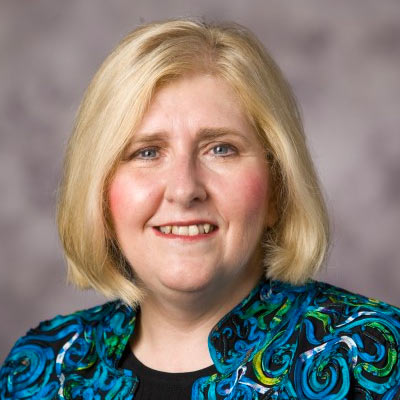
There is no guarantee that when effective treatments for the Coronavirus (COVID-19) are found US patients will be able to afford them. When Congress authorized the funding of COVID-19 research last month, it failed to mention the greatest potential stumbling block to accessibility – patent rights. That oversight needs to be corrected. The U.S. needs to adopt the tools that the international patent system already has in place to assure U.S. patients have the same access rights as the rest of the world.
It is clear that Congress intended government-funded treatments to be reasonably accessible to U.S. patients. The Supplemental Appropriations Act, Public Law1160123, required that the purchase by the US government of “funded treatments, including vaccines, therapeutics, and diagnostics” be made “in accordance with Federal Acquisition Regulation guidance on fair and reasonable pricing.” It further provided that the Secretary of Health and Human Services “may take such measures authorized under current law to ensure that vaccines, therapeutics, and diagnostics developed from funds provided in this Act will be affordable in the commercial market.” (emphasis added). Such patient affordability is far from guaranteed.
Reports already indicate that the US health insurance industry will be raising its premiums next year by double digits in response to the anticipated costs of treating COVID-19. Even more problematic, on March 23rd, Gilead Sciences received an orphan drug designation from the FDA for Remdesivir for “Treatment of coronavirus disease 2019 (COVID-19).” This designation not only assures higher than normal prices when Remdesivir receives marketing approval, it also guarantees that it will effectively be shielded from generic competition for longer than other prescription drugs. It will be given marketing exclusivity in the U.S. for 7 years.
Although Gilead subsequently rescinded its application after the public outcry against it, such attempt illustrates how problematic drug pricing has become. There are however, several already acknowledged “flexibilities” in international patent protection, that can assist in making COVID-19 treatments affordable. But the U.S. government must act to take advantage of them. The first and most useful is a compulsory license to assure reasonable access to COVID-19 treatments, both in amount of supplies in the marketplace and in their cost to patients. The second is limited permissible grey market imports of patented treatments which I will discuss in my next blog.
Article 31 of TRIPS expressly recognizes the government’s right to impose compulsory licenses “in the case of a national emergency or other circumstances of extreme urgency or in cases of public non-commercial use” so long as the patent holder received “adequate remuneration, taking into account the economic value of the authorization.” Historically, the United States has been reluctant to impose such compulsory licenses except as a judicially imposed remedy for patent infringement. There is no general compulsory license provision in the U.S. patent statute. There are, however, numerous federal statutes that permit such compulsory licenses.
Section 203, for example, under the Bayh-Dole Act specifically allows “march-in” rights (compulsory licenses) for inventions “made” by federal funding where the title in the invention is held by a government contractor or assignee. (35 U.S.C. §§203, 210(c)). Such rights can be exercised where the compulsory license is “necessary to alleviate health or safety needs which are not reasonably satisfied by the contractor, assignee, or their licensees.” I would argue that drugs to treat COVID-19 that are either in short supply or priced so high that they are not reasonably available to meet U.S. demand would qualify for such rights. However, to date, no such march-in rights have ever been granted under this Section.
Alternatively, Section 1498 allows recovery by a patent holder of “reasonable and entire compensation” when a US patented invention is “used or manufactured by or for the United States without license of the owner thereof or lawful right to use or manufacture the same.” (28 U.S.C. §1498). This provision does not establish a right of compulsory license per se on its face. But it implies that such licenses are available since it sets out the compensation scheme for them.
Given that legal bases for the award of compulsory licenses already exist, it is time for the U.S. government to exercise those powers promptly the instant the need arises. It is also time to include an express compulsory license provision in the next round of COVID-19 emergency legislation. Any such compulsory license should be non-exclusive, last only so long as necessary to meet identified needs, be subject to adequate remuneration to the patent holder, and be nontransferable.
There are many useful models from other countries for such licenses. For example, Canada’s recently enacted Bill C-13 allows compulsory licenses “to make, construct, use and sell a patented invention to the extent necessary to respond to [a] public health emergency.” It provides for a limited time grant, non-transferability, and “adequate remuneration, taking into account the economic value of the authorization and the extent to which they make, construct, use and sell the patented invention.”
The effectiveness of such licenses is already established for the COVID-19 pandemic. After Israel announced a similar compulsory license for Kaletra, AbbVie, the patent holder announced, that it would no longer enforce patent rights for the drug globally.
Innovative treatments will be of little help if they are not reasonably accessible to those in need. A measured compulsory license provision would ensure that the U.S. has one of the most critical tools in addressing price and access issues for pharmaceuticals. Other countries have already provided their patients with such rights. We need to do the same.



